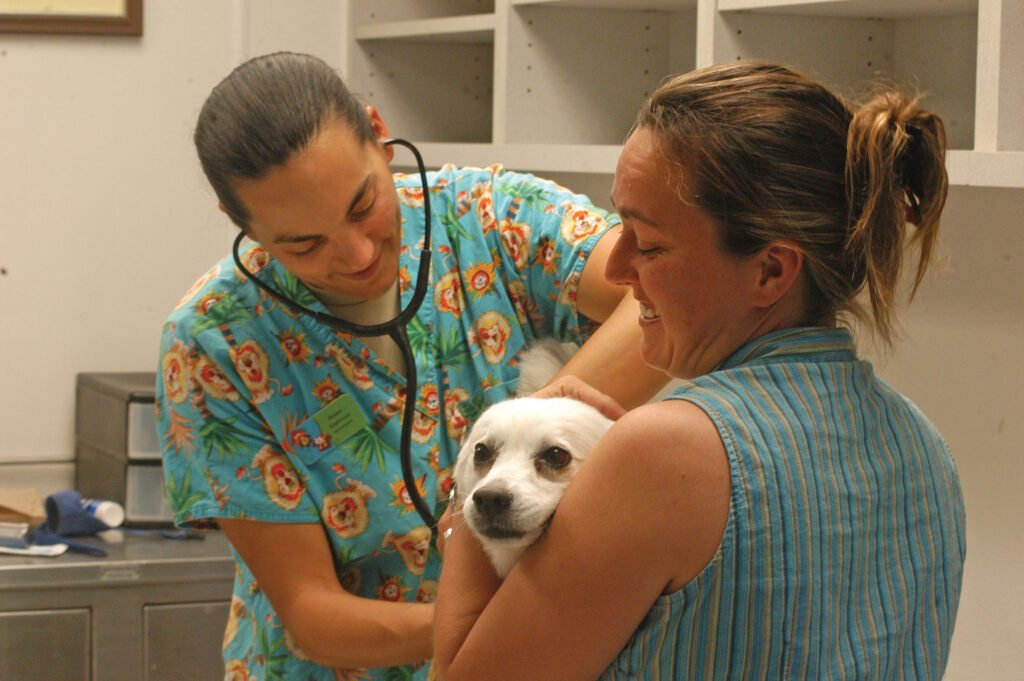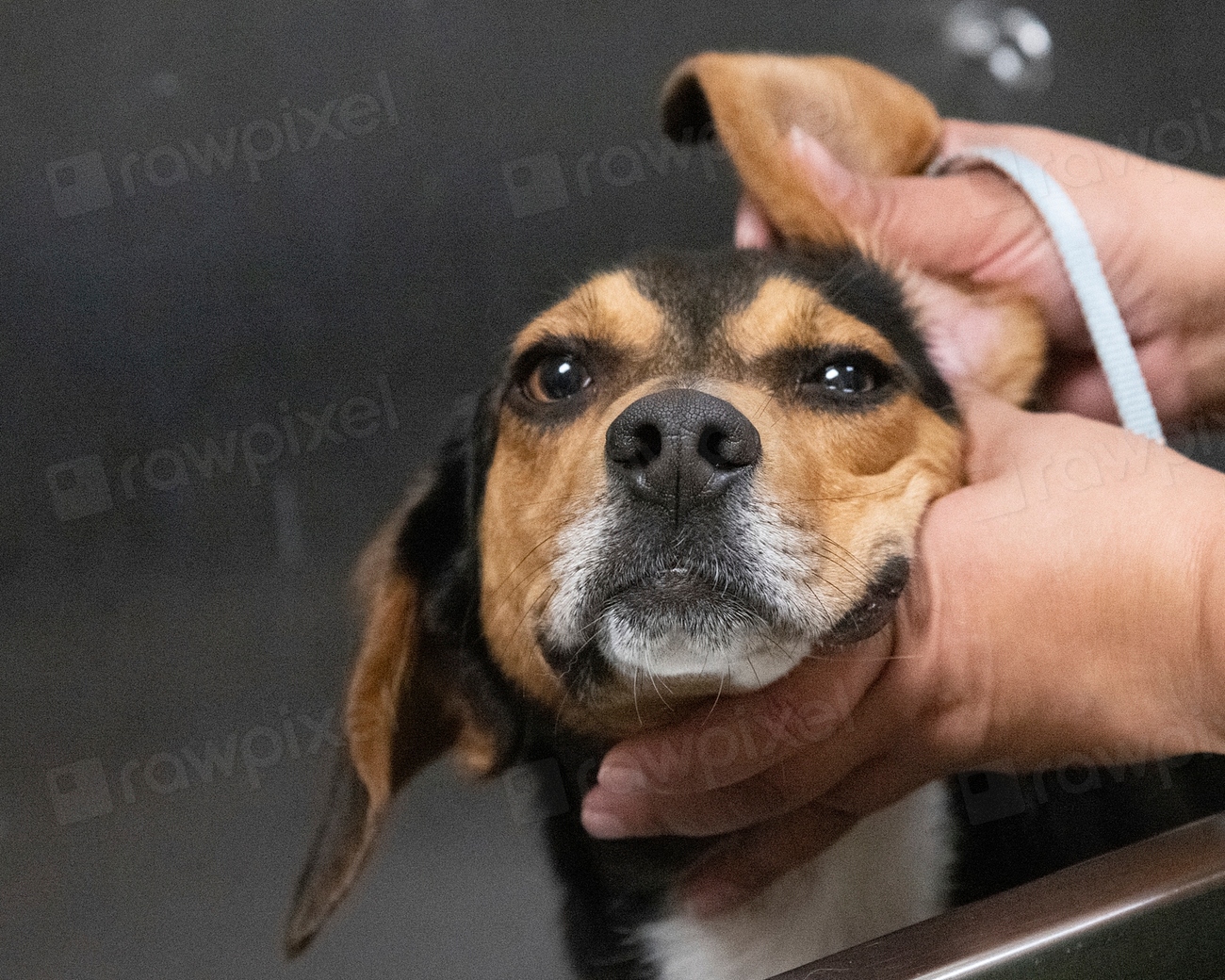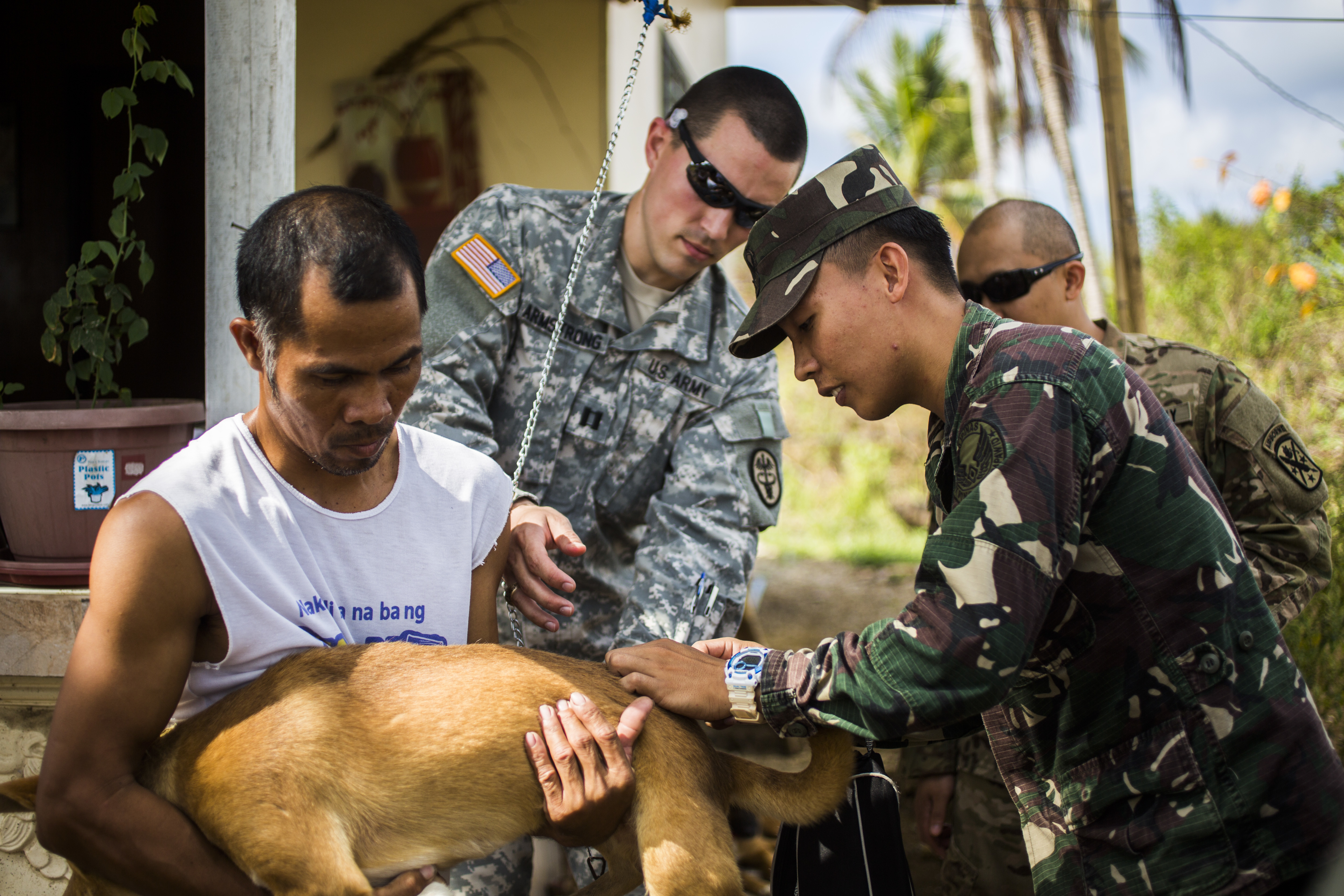Owning a dog is like having a furry family member who depends on you for love, care, and well-being. As a responsible pet owner, understanding the essential health checks that can prevent common diseases is crucial. Regular check-ups not only ensure your dog’s happiness but also extend their lifespan. Here are ten critical health checks every dog owner should master to keep their canine companion healthy and thriving.
1. Regular Vet Visits

One of the most fundamental health checks you can perform is scheduling regular vet visits. Just like humans, dogs benefit greatly from an annual check-up. These visits allow the vet to monitor your dog’s overall health and catch any potential issues early on. During these appointments, your vet will conduct a thorough examination, checking your dog’s weight, heart rate, and overall physical condition. This regular assessment helps prevent the onset of diseases and ensures your pet receives necessary vaccinations and treatments. Remember, prevention is better than cure, and a simple vet visit can make all the difference.
2. Dental Check-ups

Dental health is often overlooked but is a significant aspect of your dog’s overall well-being. Regular dental check-ups can prevent oral diseases such as gingivitis and periodontal disease. These diseases can lead to more severe health issues if left untreated. During a dental check-up, the vet will assess your dog’s teeth and gums, looking for signs of tartar build-up and infections. Brushing your dog’s teeth regularly can also help in maintaining their oral health. Think of it as a way to ensure that your dog always has a winning smile and fresh breath.
3. Weight Monitoring

Maintaining a healthy weight is vital for your dog’s health. Obesity can lead to various complications, including diabetes, heart disease, and joint problems. Regularly monitoring your dog’s weight can help you identify any sudden changes that might indicate an underlying health issue. You can easily do this at home by weighing your dog or observing their physical appearance. A balanced diet and regular exercise are key components in managing your dog’s weight. Imagine your dog’s body as a finely-tuned machine; keeping it in optimal condition ensures a longer, healthier life.
4. Skin and Coat Examination

Your dog’s skin and coat are indicators of their overall health. Regularly examining your dog’s skin can help you spot issues such as fleas, ticks, or skin infections early on. When checking your dog’s coat, look for any bald patches, redness, or unusual lumps. A healthy coat should be shiny and free from excessive shedding. Regular grooming helps in maintaining your dog’s coat and provides an opportunity to check for any abnormalities. Think of it as giving your dog a spa day, ensuring they look and feel their best.
5. Eye and Ear Check

Your dog’s eyes and ears are sensitive areas that require regular attention. Regularly checking for any discharge, redness, or swelling can help prevent infections. For the eyes, ensure they are clear and free from cloudiness. For the ears, check for any foul smell or excessive wax build-up. Cleaning your dog’s ears with a vet-approved solution can prevent infections. Think of it as ensuring your dog has clear vision and acute hearing, enhancing their interaction with the world around them.
6. Joint and Mobility Assessment

As dogs age, they can develop joint problems like arthritis. Regularly assessing your dog’s mobility can help you catch these issues early. Observe your dog’s movement; any stiffness or difficulty in getting up can be a sign of joint problems. Supplements like glucosamine can support joint health, but it’s essential to consult your vet before starting any treatment. Regular exercise can also help maintain joint flexibility. Imagine your dog as an athlete; keeping their joints in top condition ensures they remain active and playful.
7. Heart Health Monitoring

Heart health is crucial for your dog’s overall well-being. Regularly checking your dog’s heart rate and breathing can help detect any potential issues. During vet visits, your vet will listen to your dog’s heart for any irregularities. Early detection of heart problems can lead to effective management and treatment. A balanced diet, regular exercise, and maintaining a healthy weight contribute to good heart health. Think of your dog’s heart as the engine that keeps them going, ensuring it’s in top condition is vital for their longevity.
8. Parasite Prevention

Parasites like fleas, ticks, and worms can cause severe health problems in dogs. Regularly checking for any signs of parasites and using preventive treatments can protect your dog. Fleas and ticks are often visible on the skin, while worms might cause changes in your dog’s appetite or stool. Regular deworming and using vet-recommended flea and tick preventatives can keep these pesky parasites at bay. Consider it as putting up a shield around your dog, protecting them from potential harm.
9. Vaccination Schedule

Vaccinations are a crucial part of preventive healthcare for dogs. They protect your pet from various infectious diseases such as rabies, distemper, and parvovirus. Keeping up with your dog’s vaccination schedule ensures they are protected throughout their life. Your vet will provide a tailored vaccination plan based on your dog’s age, lifestyle, and health status. Think of vaccinations as a protective armor, safeguarding your dog against unseen threats.
10. Behavior and Mental Health

A dog’s behavior can be an indicator of their mental health. Sudden changes in behavior, such as aggression or withdrawal, can signal underlying health issues. Regularly observing your dog’s behavior and providing mental stimulation is crucial for their well-being. Activities like training, playtime, and socialization contribute to a healthy mind. Think of your dog’s mental health as the foundation of their happiness; nurturing it ensures a well-balanced, content pet.
In conclusion, mastering these essential health checks can make a significant difference in your dog’s life. Regular monitoring and preventive measures are key to ensuring your furry friend remains happy, healthy, and by your side for years to come.

Andrew Alpin from India is the Brand Manager of Doggo digest. Andrew is an experienced content specialist and social media manager with a passion for writing. His forte includes health and wellness, Travel, Animals, and Nature. A nature nomad, Andrew is obsessed with mountains and loves high-altitude trekking. He has been on several Himalayan treks in India including the Everest Base Camp in Nepal.






